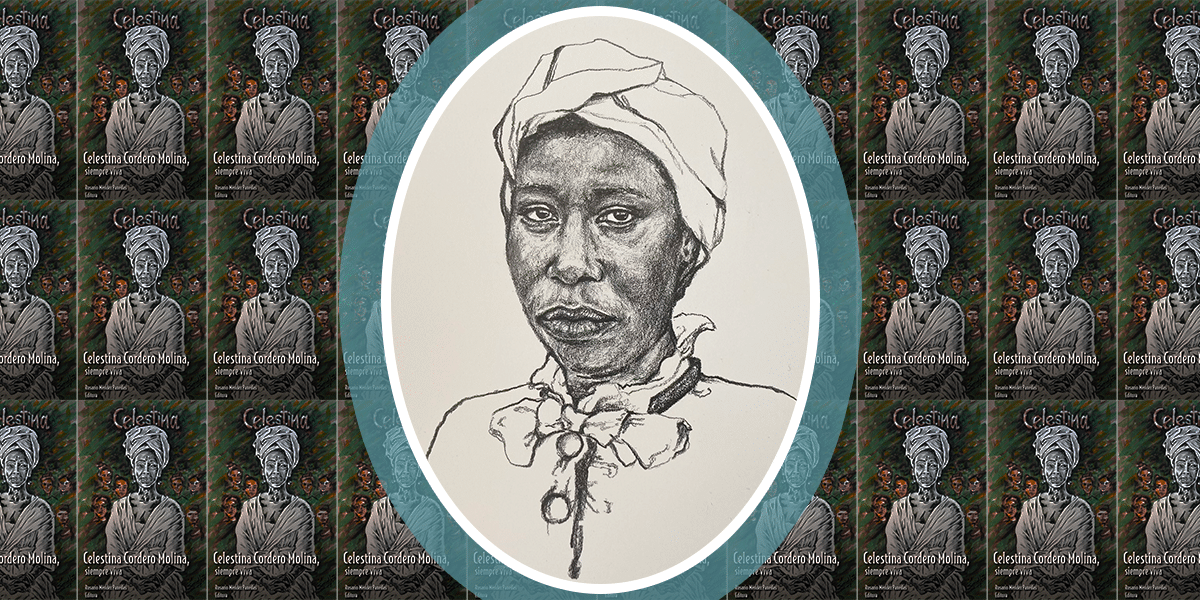When Puerto Rico’s Department of Education officially renamed their San Juan headquarters after Celestina Cordero Molina, thousands of us here celebrated. The occasion was much more than a milestone. Though the January 2024 Joint Senate Resolution 374 includes the names of the three Cordero Molina siblings (with Gregoria and Rafael joining their middle sister), it’s been an arduous battle to get here.
For a look at why, we need to go back several centuries, to a time when the word “enslaved” was tied to a segment of the Puerto Rican population. Born on April 6, 1787, Celestina was raised by Rita Molina and Lucas Cordero, parents who instilled a love of learning in their children. While Celestina played a major role in educating Puerto Rico’s youth, it was the youngest, Rafael, who would receive the most attention in the annals of our archipelago’s history. Considering the then-Spanish territory’s economic, social, and patriarchal backdrop, his prominence is unsurprising.
We know two things about Puerto Rico’s early 19th-century landscape: literacy efforts were mostly reserved for white males and women largely remained in the home. Celestina – being a free, educated, unmarried, and childless Black woman – defied everything the colonial system represented. (Note: the vile institution of slavery would be abolished here on March 22, 1873).
She confronted countless obstacles, including being denied funding for her girls’ school, waiting three and a half years to be officially recognized as a school teacher, and not being paid the stipulated salary due. None of this deterred her, and it’s all part of why the book, Celestina Cordero Molina, Siempre Viva, is so important.
Laid out via poems, illustrations, and short stories, the anthology – edited by author and long-time Celestina advocate, Rosario Méndez Panedas – brings together over 30 artists, poets, and writers (mostly women) to create a canvas of commemoration and gratitude. Published by Editorial EDP University, the book is the latest publication of the Cátedra de Mujeres Negras Ancestrales (CMNA), a creative literary project directed by Puerto Rican Afro-feminist novelist, short story writer, and essayist, Yolanda Arroyo Pizarro. La Cátedra’s mission of “empowering participants through the process of creating, correcting, editing, and publishing the stories of their rebellious, warrior grandmothers, great-grandmothers, and great-great-grandmothers” categorically aligns with this anthology.
Puerto Rico’s patriarchal and colonial system tried to erase our beloved teacher. As Arroyo Pizarro shares in her commentary of the book: “Until a few years ago, Celestina remained largely hidden. Through their writings, it is the work of women and men – anti-racists, feminists, abolitionists, and freedom fighters – that has rightfully positioned Celestina among the pioneers of Puerto Rico’s education system. Today, thanks to literary workshops, classroom discussions, poetry, and cultural events all over our archipelago, she is now a resuscitated ancestor. Every time we read from its pages, we are reviving and celebrating her.”

The anthology, Celestina Cordero Molina, Siempre Viva is available at Librería Laberinto

